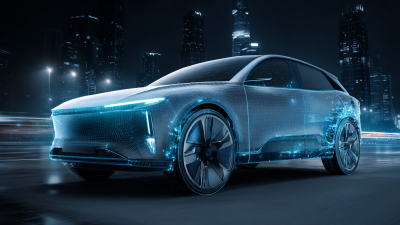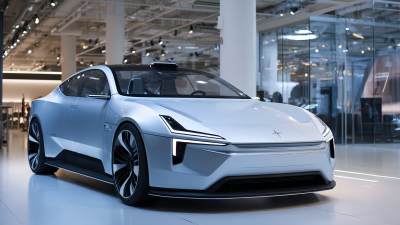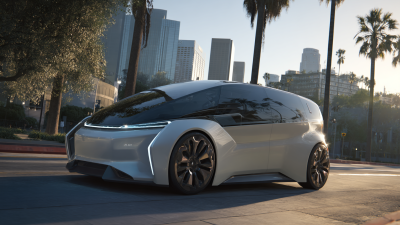As the travel landscape continues to evolve, families are seeking more sustainable and spacious options for their journeys. The emergence of the "7 Seater Electric Car" stands at the forefront of this transformation, offering families an eco-friendly alternative without compromising on comfort or space. According to a recent report by the International Energy Agency, electric vehicles (EVs) are projected to comprise 30% of global car sales by 2030, highlighting a significant societal shift towards greener transportation solutions.
The growing demand for family-oriented EVs is further evidenced by industry forecasts suggesting that the market for electric SUVs and larger vehicles is set to grow exponentially. Research from MarketWatch anticipates that the global electric vehicle market will reach approximately $800 billion by 2027, fueled by innovations in battery technology and charging infrastructure. As the advantages of 7-seater electric vehicles, including reduced carbon footprints and cost savings on fuel, become increasingly apparent, families are poised to embrace this new era of travel that prioritizes both environmental sustainability and convenience. With the advent of more models catering to this segment, the future of family travel is not only bright but also increasingly green.
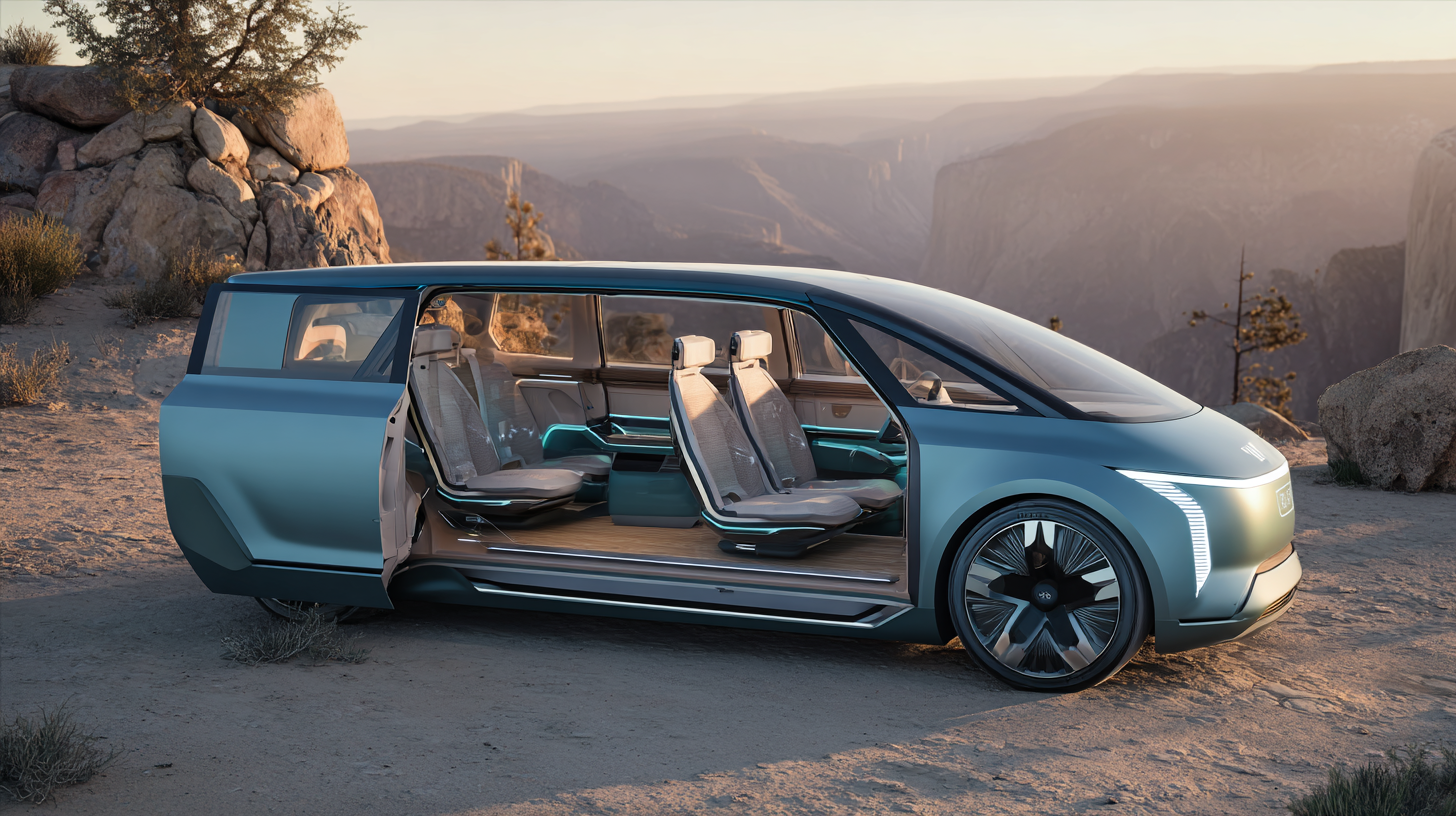
In recent years, the shift towards electric vehicles has gained significant momentum, especially in the family travel segment. With the growing emphasis on sustainability, 7 seater electric cars have emerged as a game changer for families. According to a report by the International Energy Agency, the global electric vehicle stock surpassed 10 million in 2020, highlighting an increasing consumer preference for electric options. Families opting for 7 seater electric SUVs not only minimize their carbon footprint but also benefit from cost savings on fuel, as electric vehicles can be three to four times more efficient than their gasoline counterparts.
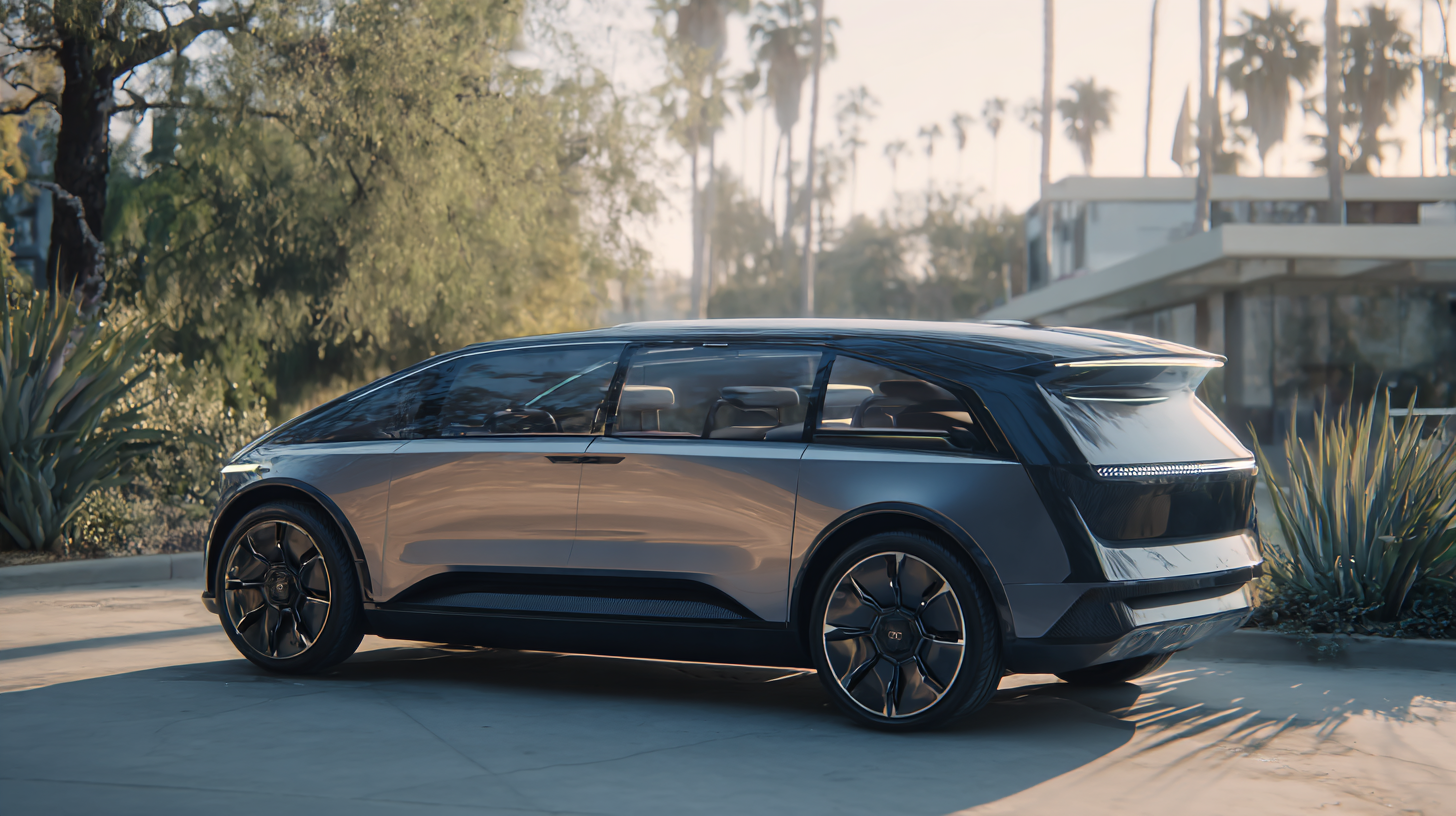
Moreover, the practicality of 7 seater electric cars provides an added layer of convenience for family travel. A study from the U.S. Department of Energy indicates that the average cost of electricity for charging an electric vehicle is roughly 70% less than that of gasoline. This substantial cost advantage can translate into significant savings for families who frequently embark on road trips. Additionally, advancements in battery technology have paved the way for extended ranges, with many models now offering over 300 miles on a single charge, alleviating concerns for long-distance travel. Thus, choosing a 7 seater electric car for family outings not only promotes environmental sustainability but also enhances travel convenience and affordability.
Planning a road trip with your electric family vehicle can be an exciting adventure, especially when you have the spaciousness of a 7-seater car. The first step is to chart out a route that includes charging stations, as electric vehicles require careful planning to ensure you never run low on battery. Utilize apps designed for EV drivers to locate charging points along the way, and consider timing your stops to coincide with meal breaks or sightseeing. This way, the journey becomes as enjoyable as the destination itself.
Once your route is set, think about the accommodations and activities that cater to the whole family. Many hotels now offer EV charging facilities, providing convenience during your stay. Include family-friendly attractions and parks that allow for relaxation and fun, making sure to check any electric vehicle-specific requirements. Engaging kids in planning the stops can also elevate their excitement and make the trip memorable. Embrace the freedom of the open road, knowing your 7-seater electric car is both a sustainable choice and a spacious family transport option.
When exploring family travel options, electric SUVs stand out as an environmentally friendly and spacious choice.
When selecting an electric SUV for families, safety features should be a top priority. Look for models equipped with advanced driver-assistance systems, such as automatic emergency braking, lane-keeping assist, and adaptive cruise control.
In addition, robust crash-test ratings ensure that your family is protected on the road.
Another essential consideration is interior space and comfort. Families require enough room for passengers and cargo alike. Opt for electric SUVs that boast flexible seating configurations and ample storage capacity, allowing for easy adjustment based on your travel needs.
Additionally, tech features like infotainment systems with smartphone integration, multiple USB ports, and rear-seat entertainment options will keep passengers engaged during long trips.
Prioritizing these features ensures that your family travels not only comfortably but also safely in your electric SUV.
With the rising popularity of electric vehicles, families are increasingly exploring sustainable travel options. One notable trend is the adoption of seven-seater electric cars, providing a spacious and eco-friendly solution for family travel. Not only do these vehicles offer ample space for passengers and luggage, but they also contribute to reducing carbon footprints, aligning with a growing awareness of environmental issues. As countries like Norway lead the charge towards electrification, nearly 90% of new cars sold in 2024 are expected to be electric, setting a precedent for sustainable travel practices.
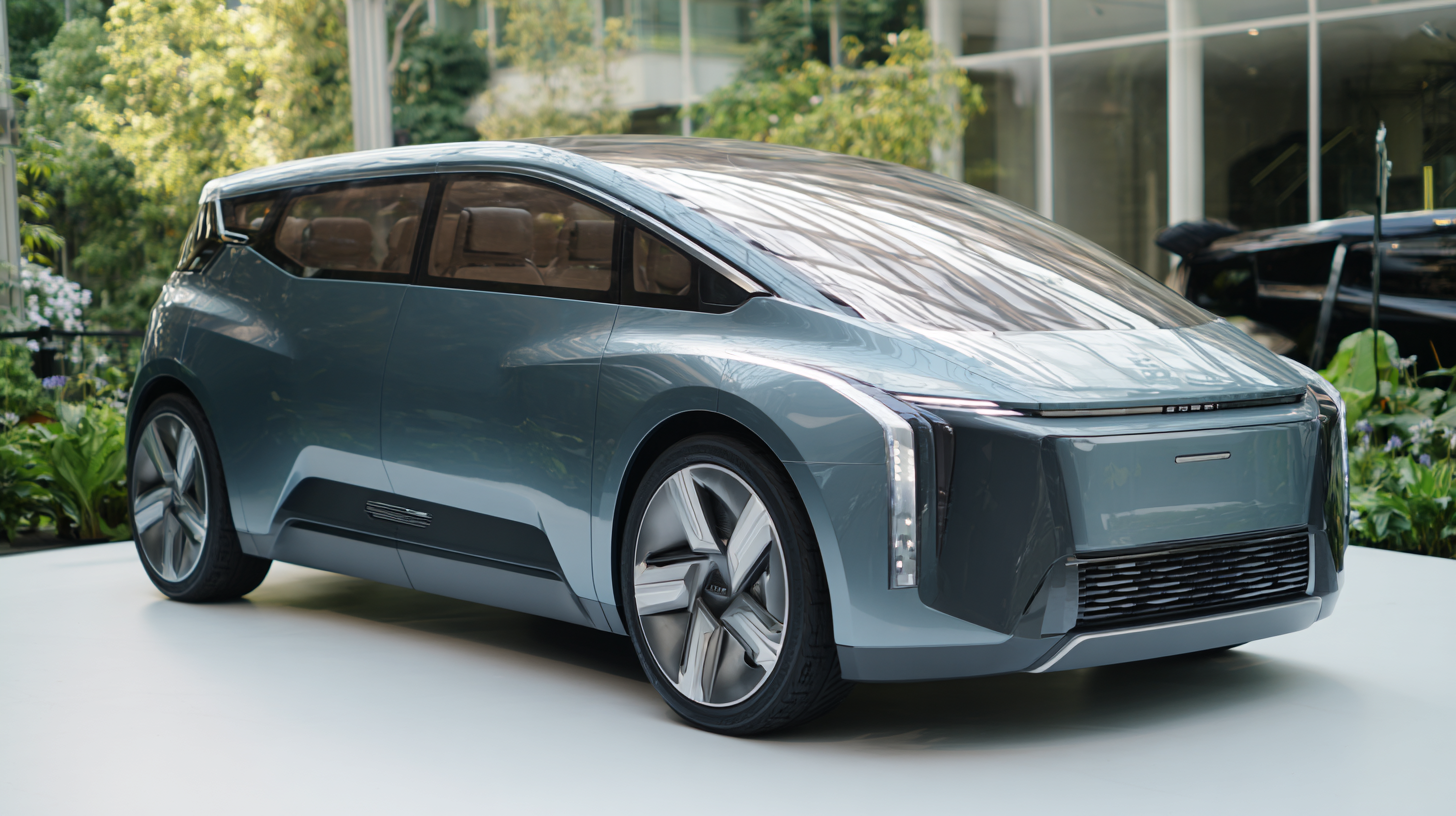
For families considering electric travel, practical tips for sustainability can enhance their experience. Planning trips around charging station locations can help avoid range anxiety, while embracing the benefits of electric vehicle technology can aid in efficient travel planning. Additionally, families can adopt eco-conscious habits, such as carpooling and minimizing weight in their vehicles, to further improve sustainability. With the electric vehicle market set to expand significantly and the rise of family-friendly options, embarking on electric adventures can be both a responsible and enjoyable choice for families.
As family travel continues to evolve towards sustainability, the adoption of 7-seater electric cars presents a promising solution. However, the expansion of charging infrastructure is crucial to support this transition. Families looking to embark on road trips in electric vehicles can encounter challenges related to charging availability and convenience. It is essential for local governments and private companies to invest in developing a robust network of charging stations along popular travel routes and at family-friendly destinations.
Increasing the number of fast-charging stations and ensuring their accessibility in urban and rural areas will significantly enhance the driving experience for families. Furthermore, initiatives such as incentivizing the installation of charging stations at hotels, restaurants, and shopping centers can make electric travel more appealing. As awareness of electric vehicle benefits grows, families will feel more confident exploring new destinations, knowing they have the necessary charging support. By prioritizing the development of charging infrastructure, we not only facilitate greener travel options but also redefine the future of family vacations, making them both enjoyable and eco-conscious.
This chart illustrates the growth trajectory for 7-seater electric cars sold from 2020 to 2025, alongside the development of public charging stations during the same period. With increasing sales and charging infrastructure, family travel using electric vehicles is expected to significantly rise in the near future.
